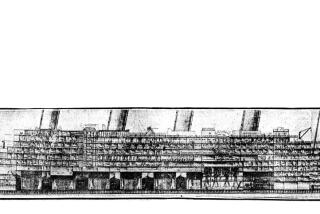FCC: Stay Tuned to Public
In the 1920s, so many budding broadcasters were trying out a growing technology called radio that stations canceled out one another in a mess of howls, screams and whistles. Leaders of the infant industry were forced to implore then-Secretary of Commerce Herbert Hoover to “bring order out of chaos,” as one journal put it, “so at least some of us can be heard.”
The relationship between media and government has reversed today. At the behest of media companies, Congress and the courts have since 1996 struck down many provisions in the 1934 law that cleared the early 20th century static. Federal Communications Commission Chairman Michael K. Powell, who has pledged to ease remaining key restrictions, recently put off a decision until spring -- an indication of the intensity of debate.
The courts and the FCC have already waived rules barring cable operators from owning TV stations in their markets and TV networks from owning Internet companies. It seems capricious to forbid a company from owning a daily newspaper and a TV or radio property in one market. Newspaper companies (including The Times’ corporate parent, Tribune Co.) argue that they have had to grapple with losses generated by the new multimedia economy, such as the flight of classified advertising to the Internet, so they should also be allowed such cross-ownership. That does not mean Powell should accept deregulation at any cost, surrendering the last of the agency’s public-interest provisions.
For instance, Clear Channel Communications, a conglomerate that owns more than 1,000 radio stations, wants the FCC to eliminate the eight-station cap on radio ownership in a single market. The previous loosening to eight helped bring U.S. listeners homogenized, formatted-from-afar commercial radio, the bulk of it aimed at 18-to-34-year-old males. A proposal to allow one company to own two or more television stations in a single market could have a homogenizing effect on local TV as well.
Powell should defend grass-roots communications like very low-power radio stations run by high schools or the local garage band, and require broadcasters to set aside a modicum of free air time for political candidates. His encouragement of new technologies and media expansion can be healthy. But deregulation that doesn’t keep consumers in mind is no public service.
